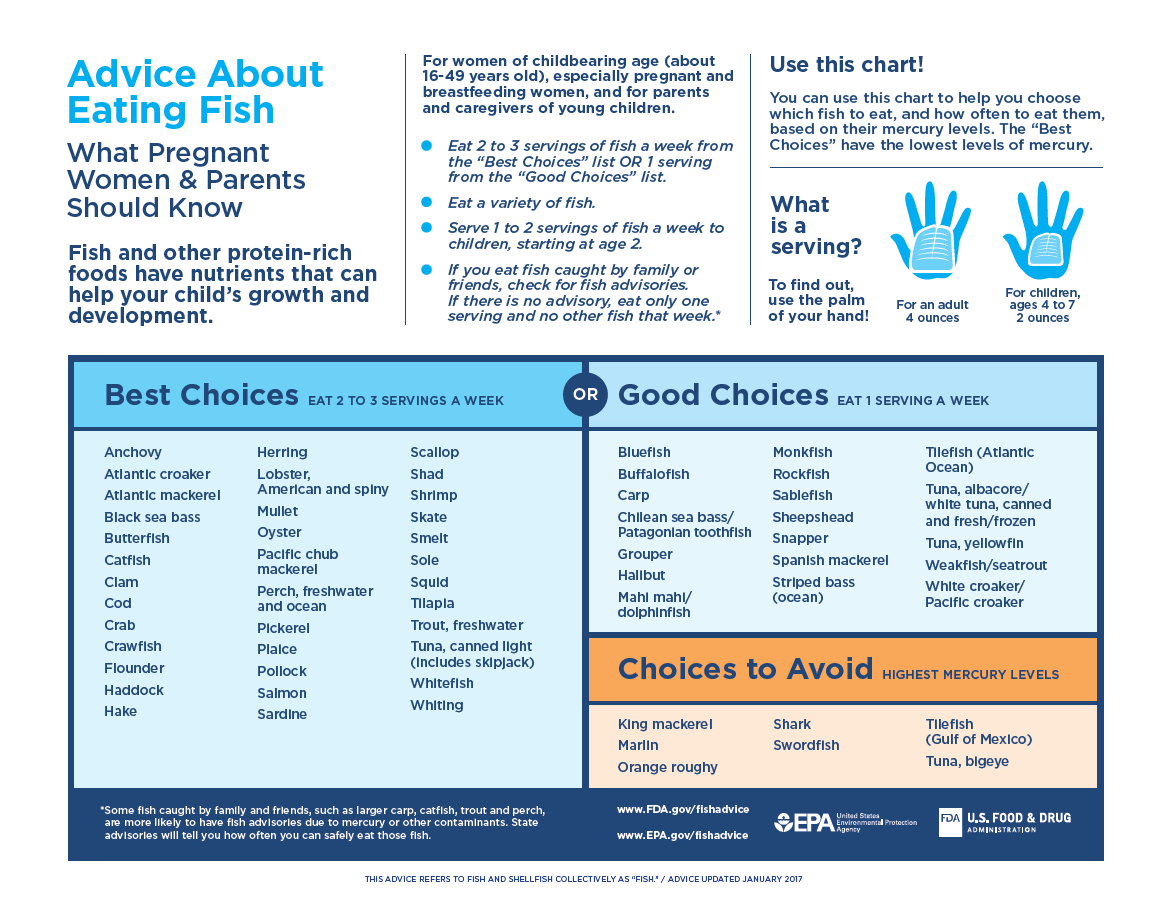For decades, there were ongoing discussions whether a high intake of fatty acids, either by eating more sea fish or by taking fish oil supplements, can reduce the risk of preterm birth, and different studies produced different results. A new study [1], published in the journal EBioMedicine, now suggests that there might be a connection between low levels of fatty acids in the blood and preterm birth.
In the new study from Olsen SF et al. , researchers looked at data from the Danish National Birth Cohort, a government database that contains information and blood samples for research purposes from more than 100,000 pregnant women in Denmark since it started in 1993. They extracted 376 early preterm cases (<34 gestational weeks) from the database, and for the control group they randomly selected 348 women who delivered term babies. The researchers then compared the concentrations of the long-chain fatty acids EPA and DHA (eicosapentaenoic acid and docosahexaenoic acid) in both groups. EPA and DHA are the two omega−3 fatty acids that can be found in marine oils.
What the researchers found was “a strong and significant non-linear association (p < 0.0001) in which the risk of early preterm birth steeply increased when EPA and DHA concentrations were lower than 2% and flattened out at higher levels.”[1] In comparison, the mean EPA/DHA concentrations in people not taking omega-3 supplements are about 3%-4%.[2]
These results seem to confirm other studies saying that eating more sea fish or taking a fish oil supplement during pregnancy could potentially lower the risk of preterm birth. However, the authors caution that the study included only a small number of participants and was conducted in Denmark, a country where preterm births are rare, so further studies are needed to determine if the results can be reproduced in larger populations and in other countries. Also more research is needed to determine the potential influence of dietary versus genetic factors.
Nutrition experts recommend seafood for kids and pregnant mothers since it is a rich source of vitamins, minerals, proteins and omega-3 fatty acids. The highest levels of omega-3 fatty acids can be found in cold-water sea fish. However, there is also evidence that some species contain increased levels of mercury, which can impair the development of the nervous system of babies in the womb or in their first years of life. Some of the recommended fish species for pregnant mothers and small children are, due to their rich nutrients and low levels of mercury: salmon, catfish, mullet, herring, anchovies, haddock, sardine and hake.
If you are unsure which fish to eat, please refer to official recommendations, e.g. “Advice About Eating Fish for Pregnant Women and Parents“, published by the FDA.
References
[1] Plasma Concentrations of Long Chain N-3 Fatty Acids in Early and Mid-Pregnancy and Risk of Early Preterm Birth.
Olsen SF, Halldorsson TI, Thorne-Lyman AL, et al.
EBioMedicine. 2018 Sep;35:325-333.


